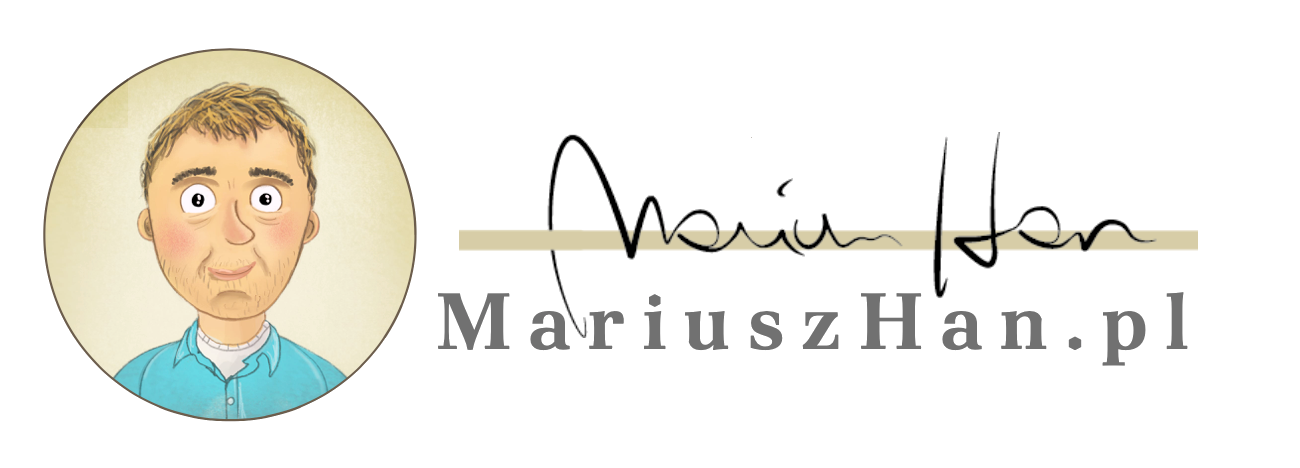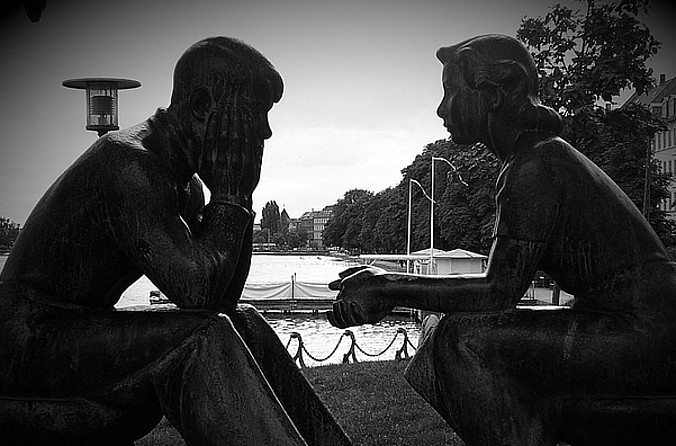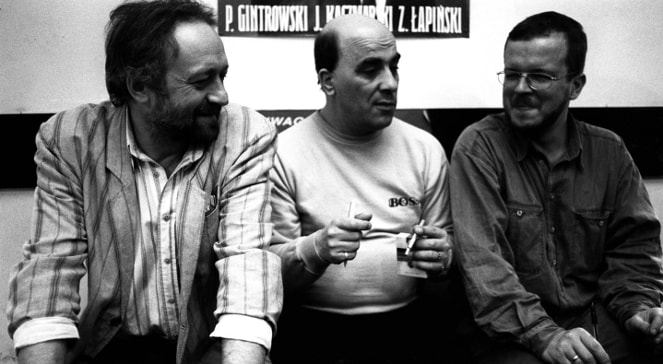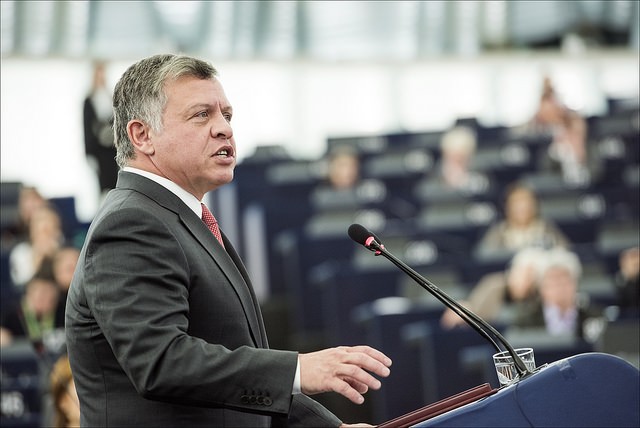For me, this is not a theoretical statement. I was born in Poland, the country located between Germany and Russia in Europe. Tyranny still takes place in our history. I grew up hearing stories of my family and neighborhood talking about World War II, concentration camps, slave labor and deportation to Siberian camps. My grandmother and mother barely escaped being executing by Nazis. After the fall of the greatest totalitarian sociopolitical systems of tyranny (Nazism and Communism) the Polish people began to seek the reasons for the genocide, the economic decline, the social, cultural and political conditions in our country. They are looking for a ‘small piece of the answer’ so that our new democracy, entered at the end of XX century in Eastern Europe, would not become tyrannical. To prevent this, the Polish people questioned objective values, the place of man in the present world, the basics of human rights in the interest of the peace in the world and role of government. This question belongs to everyone because Polish people discovered that a tyrant and tyranny can destroy a person’s individuality, creativity and morality. With these dilemmas we entered the XXI century. We look for the answer to this theoretical question which is not so theoretical to us.
The word ‘communism’ is descended from the Latin word communis, which means common or general. One of basic foundations of the communist system descends from dialectical materialism. The total domination of communism, as Arendt said, “serves the ghastly experiment of eliminating, under scientifically controlled condition, spontaneity itself as an expression of human behavior and of transforming the human personality into a mere thing, into something that even animals are not.”[1] The consciousness of the individual is shaped by work and the pressure of a controlled society. The communist ideology had a utopian character because it contained the postulate of the radical equality of rights, expressed in law and also cultural life. This ideology proclaimed the idea of authentic community and brotherhood of people. However, what was most important to it was overcoming individualism. Private property was not allowed. The working class had to take the lead in the future communist society. That is how the role of proletariat arose. Arendt explained that “privacy in every sense can only hinder the development of social ‘productivity’ and that consideration of private ownership therefore should be overruled in favor of the ever-increasing process of social wealth.”[2] This is why this system had to overcome individualism in man and society.
Without private property the people began not to be creative. John Stuart Mill’s (1806-1873) is the author of an essay named ‘On Liberty’, published in 1859. His opinion, a classic of libertarian philosophy, speaks of the tyranny of the majority. If you can control the majority, then you can control everyone, even their creativity. Under the communist system, the Polish people had a sentence used by majority: “Whether I am working or not, I receive from the government the same money.” In this way creativity as a passion was destroyed. Especially the responsibility of the individual was destroyed, as Arendt said, by “the liberal economists themselves who had to introduce the ‘communistic fiction’, that is, to assume that there is one interest of society as a whole which ‘an invisible hand’ guides behavior of men and produces the harmony of their conflicting interests.”[3] Concerning the ‘invisible hand’ from my child experience I remember every Sunday morning, a television program called ‘Teleranek’,[4] from 9:00 to 10:30. It was ‘sacred time’ for every child. It talked about what happened in Poland. The last 10 minutes of this program was about an ‘invisible hand’. The program showed ‘someone’ (you never knew who), who helped a man, people and society in their common life. We didn’t know who it was; we saw only the result of this work. The Communist system prepared children and young adults to be ‘invisible’ in social contemporary life.
A consequence of the ideology of totalitarian systems in political life was the repression not only of its own society, but also the community of other nations. The foundation of the Nazi system was ruling over a world of one race, the Aryan race, in the leadership of the German nation over other nations. As well, Communism, inspired by Marxism, in the name of the proletarian revolution, aimed at the domination of one class over the world community. Both ideologies moved very quickly from ‘moral motives’ (equalities of people, the social justice), to the domination over other nations in the name of the total modernization of the world.
Totalitarian systems are accurately described by a Polish priest and philosopher Józef Tischner: “‘Total totalitarianism’ forced man into the interior of the ‘state-machine’ and forced to this, he became like a cog in a machine … Totalitarianism brought with itself the sharp, immediate and outright startling experience of evil … Totalitarianism liberated in the people a cruelty which in the final settlement of accounts consists in a mysterious linking to evil. … Only as result of such a thing could come into being concentration camps, systems of social control, general lies and genocide. Totalitarianism brings out from man his worst powers, and finally morality of man and society were lost.”[5] Human morality was gone from society and humans hearts.
Poland entered the European Union on May 1, 2004. After this, the Polish people started to ask again about individuality, creativity and morality according to West European tradition. Even so, there are question of threats to individuality here too. The language which is used by Polish people belongs to an individual country. Western Europeans would like to find ‘a simple language’ for all European nations. Western European culture tries to create ‘one European culture” and a morality which is often contrary to the morality in Poland. This creates many heated discussions among advocates of the new reality from believers in the European Union and their opponents. The matter of responsibility and the vision of the future Europe interest not only the Polish people, but many countries in post-war Europe. Questions about the tyranny of the majority in the European Union, and the role of individuals become contemporary again.
———————–
[1] Hannah Arendt. (1994). The Origins of Totalitarianism, New York, p. 565.
[2] Hannah Arendt. (1998). The Human Condition, Chicago, London, p. 67.
[3] Hannah Arendt. (1998). The Human Condition, Chicago, London, pp. 43-44.
[4] Teleranek means in English ‘Tele-Morning’. Program started in 1973 as a television program for children. Find more: https://pl.wikipedia.org/wiki/Teleranek (polish version)
[5] Józef Tischner. (1992). Wiara w mrocznych czasach, Kraków (Znak), p. 6. (translation by myself).
